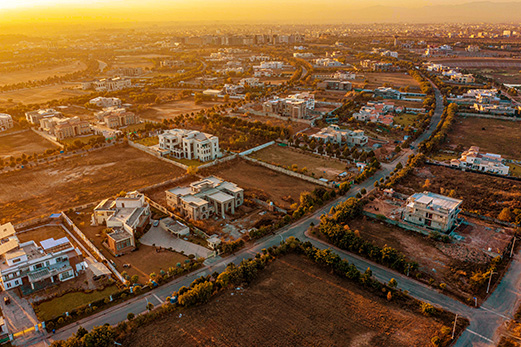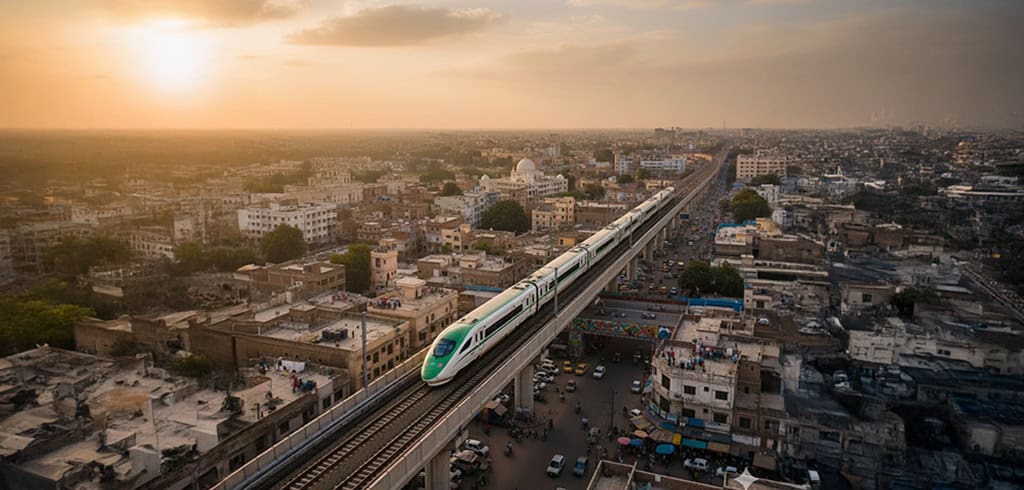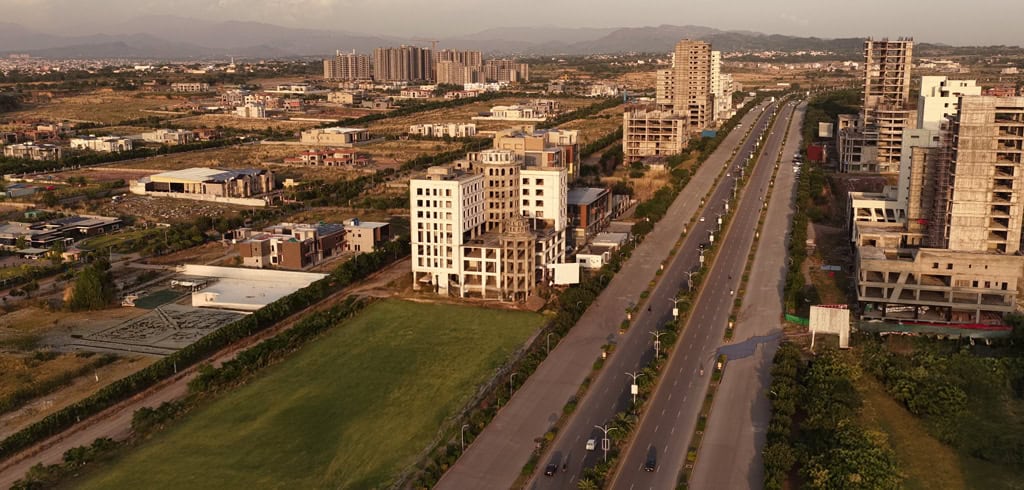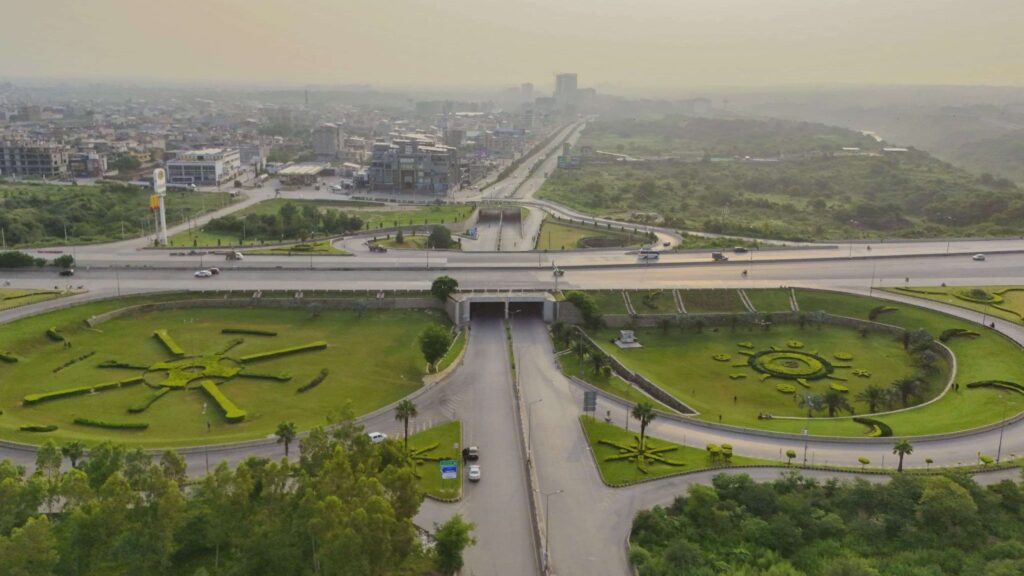Rawalpindi and Islamabad have undergone a high rate of urban development and population increase in the last 2 decades. The roads have not been developed to handle the increasing demands. The high-speed electric train in Islamabad is not an exception as the government plans to take another historic move in ensuring that the two cities are connected smoothly. It will ease the traffic in Islamabad. Moreover, it will make the city more connected to other people residing in Rawalpindi.
The Vision Behind the Project
The CDA Pakistan Railways MoU is a significant step toward modernising the transport system in Pakistan. Therefore, the project is one of the government’s initiatives, in an effort to develop a cleaner, faster, and more efficient urban mobility network as part of the Pakistani Railway Projects 2025.
The objectives of the project are to reduce travel time, alleviate Islamabad’s traffic congestion, and establish alternative sustainable transportation modes. More critically, it indicates Pakistan’s move towards smart infrastructure and economic development through the implementation of globally competitive transport solutions.
Key Features of the High-Speed Train Service

The upcoming Rawalpindi to Islamabad train Service will be fast, modern, and highly accessible. The High-speed electric train in Islamabad will follow the route going from Margalla to Sadar, connecting central urban nodes and drastically reducing commute time. The trains will be expected to run on regular schedules and guarantee a continuous flow of passengers within the day.
“The stations will have contemporary infrastructure, electronic ticketing, and nondiscriminatory design for all commuters. It is an additional Twin Cities train in Pakistan, which will match the current Islamabad-Rawalpindi transport systems in the country to achieve a truly connected urban movement, offering an effective Islamabad traffic congestion solution.”
Economic and Environmental Benefits
In addition to mobility, the project will provide a significant real estate and economic enhancement. The ease of accessibility will be enjoyed by properties that are near the Margalla to Saddar train route and therefore, such areas will be very attractive, both as residential as well as commercial investments.
The project will generate employment in the construction periods and the operations. It will attract local economies. On the environmental front, substituting the commuters in the buses with the train between Rawalpindi and Islamabad will help to reduce the carbon emission and congestion and this will make the city a cleaner and greener place.
Challenges and Implementation Timeline
While promising, the Rawalpindi to Islamabad train project also presents some challenges. There will be a need to plan, coordinate, and involve the stakeholders in the development of land and various infrastructures. The government is considering funding models that involve both the government and businesses for smooth execution.
They will speed up the project, and work will begin soon after the MoU. Most people have responded positively, and residents hope the solution will ease Islamabad’s traffic.
A Step Toward Smart Urban Mobility
This project is more than just a transportation upgrade—it’s a bold step toward smart city development. If successful, the system could expand to other major urban centres in Pakistan, which in turn would help shape the future of modern mobility
This is a strategic time for real estate investors and real estate developers. Properties near train stations are poised to rise in value, making the Twin Cities train service in Pakistan not just a travel innovation but also a powerful economic catalyst. Finally, the Islamabad Rawalpindi Train Service will redefine the transportation, living, and investing opportunities of people in the twin cities.
Read More
- Top Property Scams in Pakistan and How to Protect Your Investment? (2025 Guide)
- Significant Challenges in Pakistan’s Real Estate Industry in 2025
- Impact of Two Major Road Projects on Islamabad’s Real Estate Market
- Pakistan Emerges as a Global Leader in Financial Stability — Bloomberg’s 2025 Rankings Reveal











